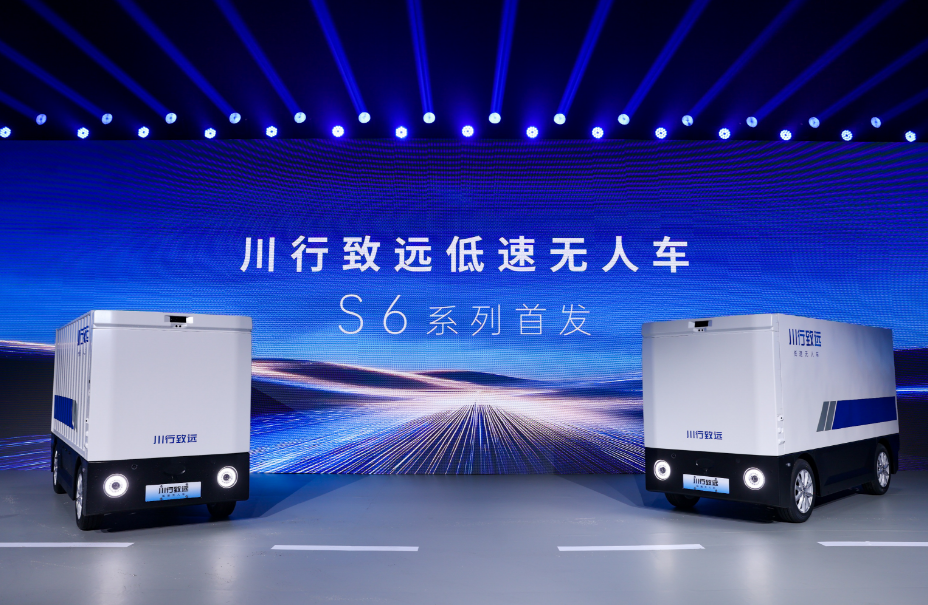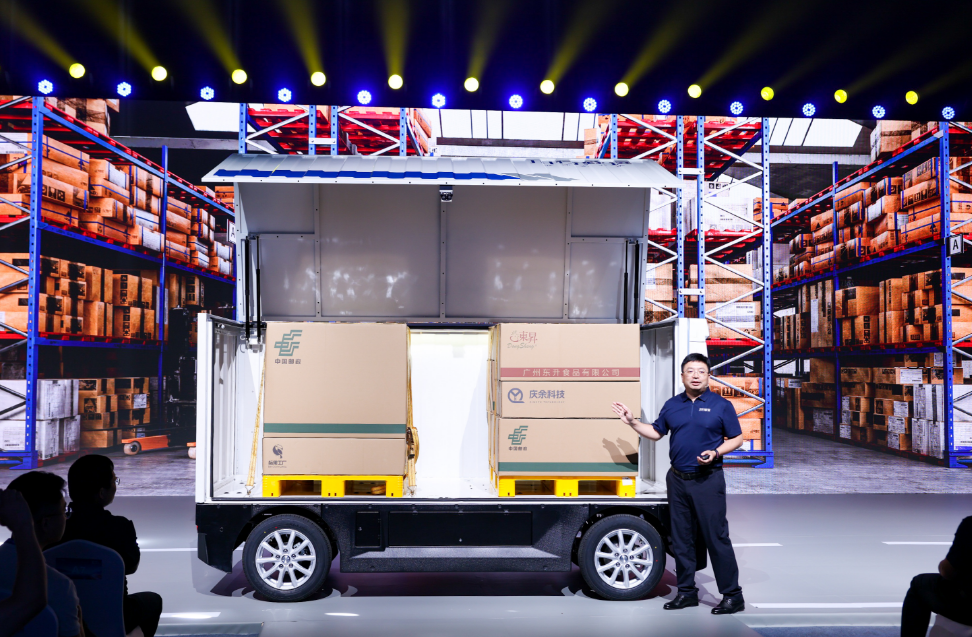
Last-mile logistics, the lifeblood of urban commerce, has long faced challenges such as rising labor costs, difficult management, and heightened safety risks. This sector has attracted numerous companies, including traditional automotive electronics giant Desay SV, which has also announced a strategic entry.
On September 2nd, Desay SV officially launched its new brand, "Chuanxing Zhiyuan," dedicated to low-speed autonomous vehicles, and introduced the S6 series, its first automotive-grade platform product. Desay SV Chairman Gao Dapeng noted that urban terminal logistics presents enormous opportunities for efficiency improvements and intelligent transformation. Based on this insight, the company has decided to develop a "second battlefield" centered around low-speed autonomous vehicles, extending autonomous driving technology to micro-circulation scenarios such as parks, buildings, and shopping districts to address the challenges of terminal delivery.

The S6 series boasts six industry-first technologies, including full vehicle-grade development from the entire vehicle to its components, an intelligent axial control system, 25% gradeability, a six-year or 300,000-kilometer battery life, a comprehensive intelligent driving suite, and intelligent sensing surfaces. The S6 platform, with its highly modular design, offers four models: a flying wing (suitable for industrial logistics and forklift collaboration), a side-sliding door (suitable for express delivery and supermarket delivery), a cold chain model (supporting precise temperature control in multiple temperature zones from -20°C to 12°C), and a custom cargo transfer model, covering high-frequency end-to-end logistics scenarios.
Desay SV CEO Xu Jian emphasized that the company is not blindly crossing borders, but is making a strategic decision based on the triple considerations of technology maturity, policies and regulations, and market demand. Its positioning is to become a "cornerstone provider of smart mobility platforms" rather than a direct competitor of operators.

This also addresses a key challenge facing the industry today. Despite the buzz surrounding the concept of autonomous vehicles, products that truly possess automotive-grade reliability and are suitable for sustainable commercial deployment remain scarce.